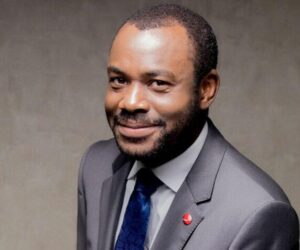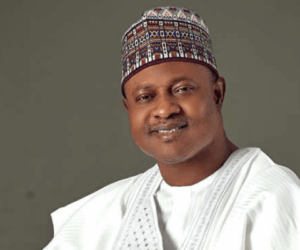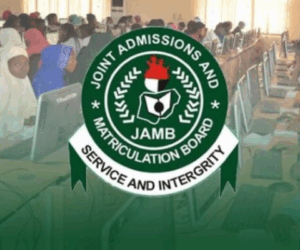Nigeria’s minister of Communications and Digital Economy, Bosun Tijani, has said the country must build a resilient global digital system that goes beyond merely keeping pace with developments, if it is to secure its future in the digital economy.
Tijani made this call at the GITEX Nigeria 2025 event held in Lagos, where he emphasised that government’s role, though critical, is not sufficient on its own.
According to him, while government can provide enabling infrastructure, the responsibility to strengthen Nigeria’s digital ecosystem lies with all stakeholders.
Read also: Nigeria’s cyber underworld: How ‘Yahoo Boys’ are rewriting digital fraud rules
“We believe we should build and are building a resilient global system to ensure Nigeria is not just keeping pace with digital infrastructure but also strengthening it,” Tijani stated.
The minister noted that Nigeria’s commercial capital, Lagos, is already under intense pressure from rapid urbanisation, pointing out that the city welcomes about 2,000 new residents every day. Such growth, he said, makes the demand for strong digital infrastructure even more urgent.
Tijani highlighted government-backed initiatives aimed at boosting innovation and research, including a new programme scheduled to begin on October 1, which will support an additional 75 research projects in the digital sector. This, he explained, will deepen participation from Nigerian researchers, entrepreneurs, and the diaspora.
He also stressed the importance of collaboration between startups, corporates, and government in scaling innovation and building resilience across Nigeria’s digital ecosystem.
“Startups can help us scale, corporates can help innovate. We invite you to build on our investment as a government and increase and contribute to Nigeria and the world,” Tijani told participants and investors at the event.
The minister further underscored the role of the National Information Technology Development Agency (NITDA) in strengthening the ecosystem, reiterating government’s commitment to supporting innovation while encouraging private and diaspora contributions to sustain growth.
Read also: The battle over digital truth in an age of manufactured reality
By positioning Nigeria’s digital transformation as a shared responsibility, Tijani called for a collective effort that blends government infrastructure, private sector innovation, and diaspora expertise to build an ecosystem capable of competing on the global stage.









